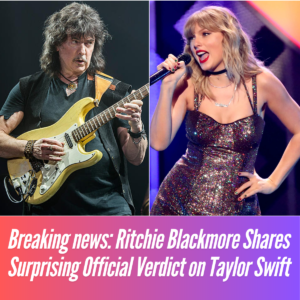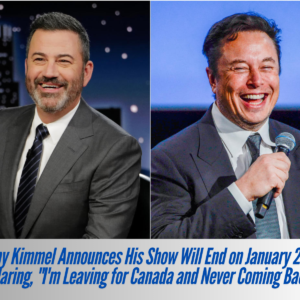The Delaware judge who denied Tesla (TSLA) CEO Elon Musk a $56 billion compensation package once did so for a second time on Monday, dealing a fresh legal defeat to the billionaire as he prepares for a major role in President-elect Donald Trump’s new administration.
The ruling all but assures another court battle over Musk’s historic pay pact that legal experts expect could go all the way to the Supreme Court. It could also raise new concerns about Musk’s motivations to give as much time as he has to Tesla.
Even before the 2018 pay package was invalidated by the Delaware court, Musk’s attention was divided between his ventures SpaceX, X.com (formerly Twitter), and the Boring Co., among other pursuits.
And now he is set to play a central role in Trump’s new cost-cutting efforts as part of the extra-governmental “Department of Government Efficiency” (DOGE).
Chancellor Kathaleen McCormick of the Court of Chancery initially voided the pay pact in January because of what she called “extensive ties” between Musk and the people negotiating the pay package and a lack of public disclosure about Musk’s relationships with those who approved the deal.
Tesla stock holders then approved the pay package a second time in June after an aggressive public-relations campaign that featured an open letter from Tesla chair Robyn Denholm.
She told stockholders that “fairness and respect require that we honor the collective commitment we made to Elon — a commitment that was, and fundamentally still is, about retaining Elon’s attention and motivating him to focus on achieving astonishing growth for our company.”
Stockholders voted overwhelmingly in favor of the pact again. “Hot damn, I love you guys,” Musk told stockholders after the votes were tabulated.
Tesla argued that additional stamp of approval should be enough for McCormick to toss out her initial decision.
McCormick disagreed with Tesla’s argument, saying in her Monday opinion that Musk and member of Tesla’s board made creative, yet fatally flawed, arguments in favor of a second vote curing the problems that unwound the initial vote.
McCormick said Musk and the defendants put forth the “exact same” pay plan that she found had breached the duty of loyalty that board members owe to their shareholders, by law. That breach centered on Musk’s conflict of interest with board members who voted for the initial shareholder vote.
“[A] stockholder vote standing alone cannot ratify a conflicted-controller transaction,” McCormick said.
The judge went on to say that the second vote was also invalid due to multiple, material misstatements in Tesla’s proxy statement.
Tesla, McCormick said, inaccurately told stockholders that her first decision got Delaware law wrong and that their vote would “fix” it.
Tesla did not respond to a request for comment on Chancellor McCormick’s decision. The company’s stock fell in after-hours trading after rising more than 3% Monday.
In reaching both decisions, McCormick sided with a group of Tesla shareholders who brought a derivative lawsuit against Tesla’s board, claiming that the initial executive compensation award was reached in violation of corporate law.
When Tesla asked its stockholders to approve the pay pay for a second time in June, it argued it had cured the conditions that led McCormick to void Musk’s compensation.

It did so, the board claimed, by forming a single-member special committee to evaluate Musk’s pay package using independent director Kathleen Wilson-Thompson — and by following Wilson-Thompson’s recommendation for a new shareholder vote that came after third parties assisted the company with “rigorous and thoughtful analysis.”
Tesla and Musk are expected to appeal the decision. If an appeal is filed the case will next move on to Delaware’s Supreme Court.
McCormick, however, didn’t give the attorneys who helped bring the lawsuit against Musk’s pay everything they wanted, either.
Those plaintiffs attorneys argued they should be paid more than $5 billion in legal fees. She instead awarded $345 million.
That amount, McCormick said, is “an appropriate sum to reward a total victory.”

